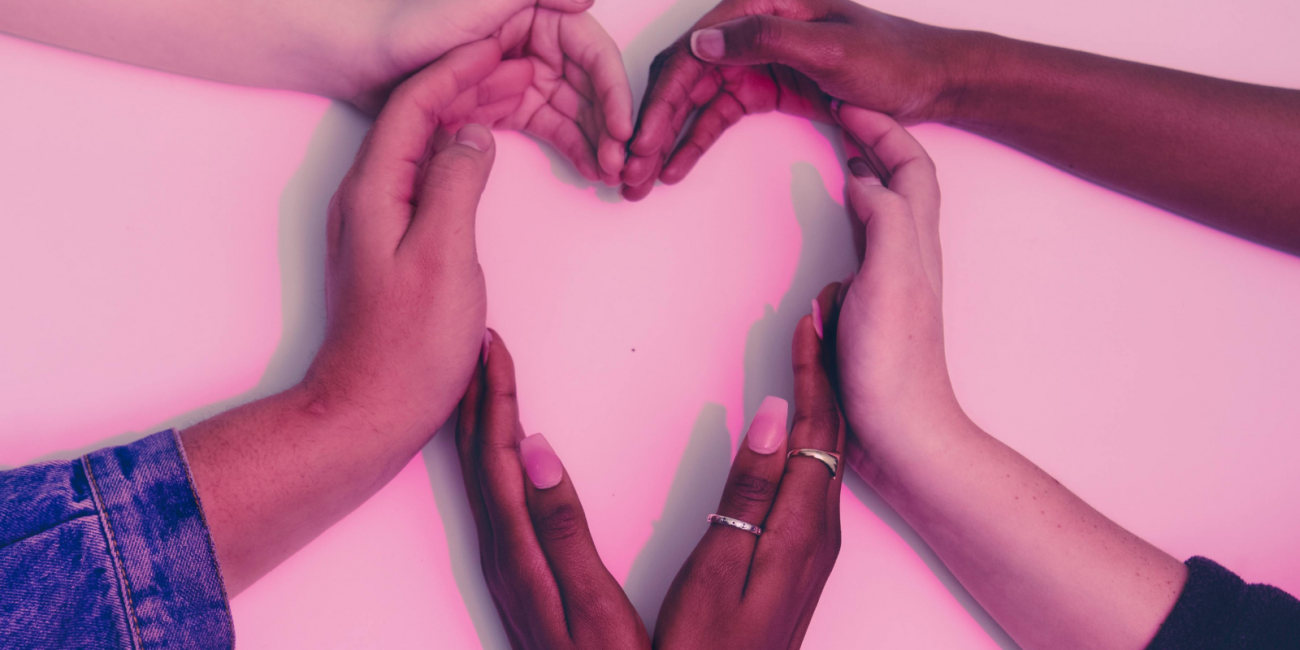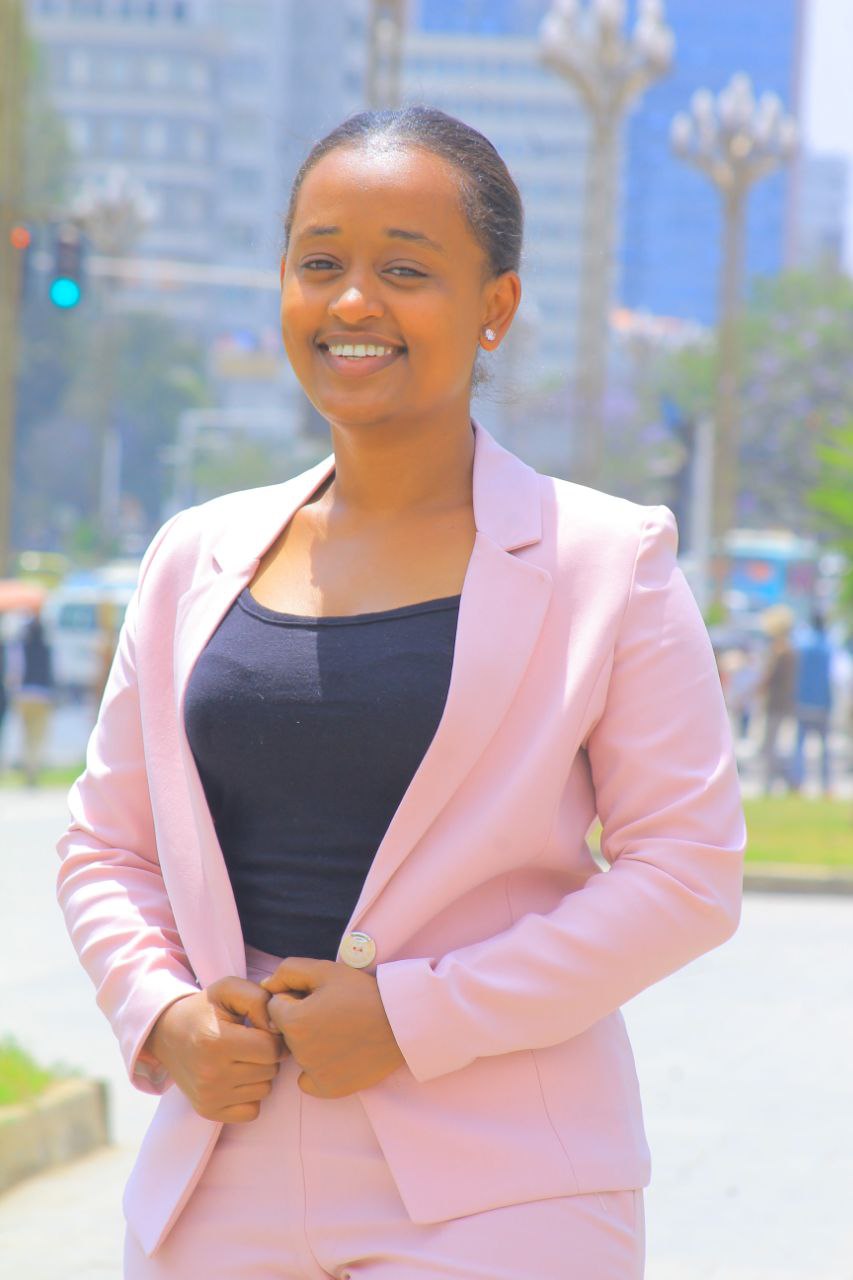
As a university student living with inflammatory bowel disease (IBD) for the past three years, I have encountered numerous challenges that have shaped my academic journey and personal growth. My experiences have not only influenced my studies but have also inspired me to take action, leading me to found the Wedaj Young Adults Support Group. This initiative is dedicated to providing a safe and supportive space for students who are grappling with similar struggles, fostering a community where we can connect, share our experiences, and find solace in knowing we are not alone.
Navigating university life while managing a chronic illness like IBD can often feel isolating. The pressures of academic commitments, social interactions, and personal development are compounded by the complexities of living with a condition characterized by chronic inflammation of the gastrointestinal tract. Symptoms such as abdominal pain, diarrhea, fatigue, and unpredictable flare-ups can be debilitating, making it challenging to attend classes, engage in social activities, or maintain a regular routine. Many students with chronic illnesses feel misunderstood, overwhelmed, or hesitant to share their experiences due to fear of judgment or stigma surrounding health issues. This creates barriers to open communication and can lead to feelings of isolation.
Living with a chronic illness in Africa presents unique struggles that add another layer of complexity to our experiences. The stigma surrounding conditions like IBD can lead to feelings of shame and isolation. In many communities, chronic illnesses are often misunderstood or viewed through a lens of ignorance. The cultural narratives surrounding health often emphasize strength and resilience, inadvertently placing additional pressure on those dealing with chronic conditions. Many individuals may feel that admitting to their struggles is a sign of weakness, leading to a reluctance to discuss their health openly. This lack of understanding and stigma can discourage individuals from seeking help or sharing their experiences, further alienating them from support networks, personal relationships, and access to necessary resources.
In addition to societal stigma, the healthcare system poses significant challenges for individuals in Africa. Access to quality medical care is often limited, with many patients facing long wait times or inadequate facilities. Hospitalization can be an overwhelming experience, particularly when there is a lack of specialized care and resources. For many, the thought of seeking treatment can be daunting, leading to delays in care and management. Obtaining necessary medications is another persistent struggle, as many treatments are not readily available or affordable. This can lead to lapses in care and exacerbation of health issues, making it difficult for people like me to manage their conditions effectively.
Recognizing these challenges, I sought to create an inclusive environment through the Wedaj (Amharic word meaning 'friend') support group. Our primary goal is to foster a sense of community where students can connect and share their struggles. We aim to provide a platform for open dialogue, allowing members to express their feelings and experiences without fear of being judged. The peer connection within the group is crucial; it helps members feel empowered and heard. Sharing stories and experiences creates bonds that can alleviate feelings of loneliness and isolation. We also encourage members to advocate for themselves and their health by confidently seeking the care and support they deserve.
Advocacy plays a crucial role in addressing these challenges faced by individuals with chronic illnesses. By raising awareness and sharing our stories, we can educate others about the realities of living with a chronic condition. My advocacy is deeply personal and rooted in my experiences. Living with IBD has taught me resilience, the importance of community, and the power of shared experiences.
As I continue my journey through university, I am determined to create a lasting impact on the lives of my peers. I envision a future where individuals with chronic illnesses are not only understood but celebrated for their strength and resilience. The Wedaj Young Adults Support Group is just the beginning of this journey. By fostering a supportive community and advocating for change, we can help ensure that no one has to face their struggles alone.
Check out this publication I helped author about improving outcomes for young adults with IBD
Support Young Creators Like This One!
VoiceBox is a platform built to help young creators thrive. We believe that sharing thoughtful, high-quality content deserves pay even if your audience isn’t 100,000 strong.
But here's the thing: while you enjoy free content, our young contributors from all over the world are fairly compensated for their work. To keep this up, we need your help.
Will you join our community of supporters?
Your donation, no matter the size, makes a real difference. It allows us to:
- Compensate young creators for their work
- Maintain a safe, ad-free environment
- Continue providing high-quality, free content, including research reports and insights into youth issues
- Highlight youth voices and unique perspectives from cultures around the world
Your generosity fuels our mission! By supporting VoiceBox, you are directly supporting young people and showing that you value what they have to say.





